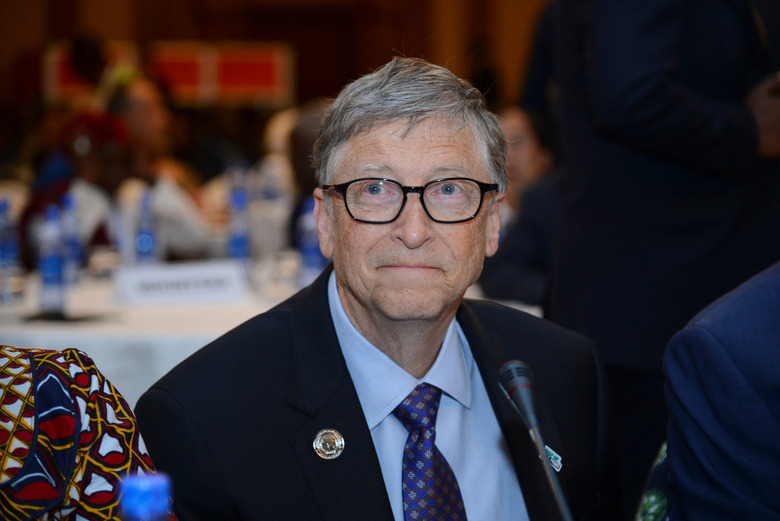Bill Gates Has Some Good News About Coronavirus Vaccines
- Microsoft co-founder Bill Gates appeared on The Late Show With Stephen Colbert Thursday to give his assessment of where things stand with the US response to the coronavirus pandemic — and what Gates, through his work with his charitable foundation, thinks should happen next as researchers race to develop a vaccine for COVID-19.
- There's reason for hope: Gates thinks early results from the first vaccines may be known by this summer.
- Visit BGR's homepage for more stories.
The same day that Bill Gates published an exhaustive, 6,000-word essay on his GatesNotes blog that dives into everything about the coronavirus pandemic, from what happened to why the US reacted the way it did and what the country needs to do next, he appeared on The Late Show With Stephen Colbert for a more informal chat along those same lines.
His essay tried to find notes of optimism, as hard as it seems like they are to come by right now, and Gates did the same in his conversation with the late-night host. For example, when Colbert asked Gates — who's been at the forefront of coronavirus vaccine research via his charitable foundation — for a timeframe of how we get out of this pandemic, here's how Gates broke everything down.
The two answers to that question involve drug treatments in the near-term and a successful vaccine in the longer-term. One way forward, for example, "is if we get miracle therapeutics that are greater than 95% cure rate," Gates told Colbert, adding the caveat that "We can't count on that.
"The other is a vaccine that's highly effective that we get out to the world population. Some of these vaccines — we'll understand by this summer, we'll see because they're going into humans now — we'll see if they get this strong antibody response. And then we have to do broad safety testing and get the manufacturing going."
In his essay, Gates goes a bit deeper into the vaccine component of the response to the coronavirus. The goal, as he sees it, should be to pick one or two of the most promising vaccine candidates from the scores being worked on now around the world and put all resources and energy into getting those developed — and the entire world vaccinated. Once you've decided that's the goal, though, you quickly start to see how daunting the task is. A single-dose vaccine, for example, would require 7 billion doses (or, for a two-dose vaccine, 14 billion doses).
Manufacturing that much would present an unprecedented challenge "and will probably have to involve multiple companies."
Gates' estimation is that large-scale vaccination could start within 18 months, though that timeframe could be a lot shorter or longer — as little as nine months or as long as two years from now. Meanwhile, what next in the short-term?
He's confident we're not going to be cooped up for much longer. "Most developed countries will be moving into the second phase of the epidemic in the next two months," he writes in his essay. "In one sense, it is easy to describe this next phase. It is semi-normal. People can go out, but not as often, and not to crowded places. Picture restaurants that only seat people at every other table, and airplanes where every middle seat is empty. Schools are open, but you can't fill a stadium with 70,000 people. People are working some and spending some of their earnings, but not as much as they were before the pandemic."
In other words, even when we start opening up the country again, things will still be abnormal — but not as abnormal as they were when the crisis first exploded a month ago now.
